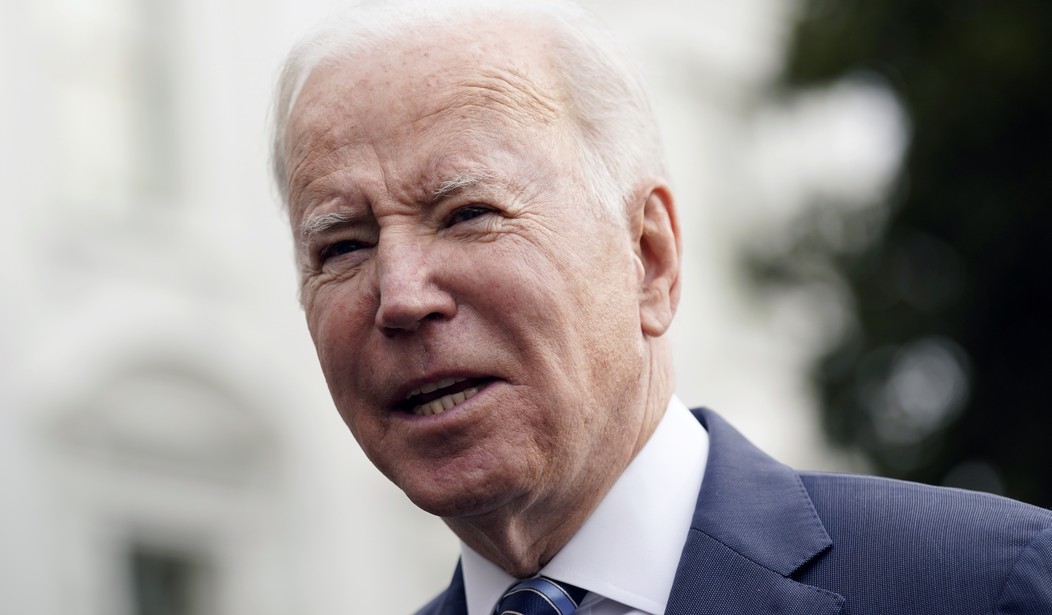Even as the Russian invasion of Ukraine draws strong condemnation from the Biden administration, in other venues the administration’s foreign policy representatives sit side-by-side with their Russian counterparts, as well as those of China, another hostile regime, asking for their help with a new Iran deal. If that sounds like a bad idea, well, when it comes to the Iran deal, as the old saying goes, you ain’t seen nuthin’ yet!
The Iran deal, also known as the Joint Comprehensive Plan of Action (JCPOA), was a very bad idea in 2015, when bipartisan majorities of both houses of Congress voted to oppose it. It appears to be an even worse idea now that we know Richard Nephew, and two other American negotiators, resigned from the negotiations because they wanted a tougher posture in the current negotiations. From nearly every perspective the JCPOA is a bad idea. Yet the Biden Administration seems to want to re-enter it.
The JCPOA skirts if not violates the U.S. Constitution. It is not a treaty, although it acts like one. It is not even an executive agreement. It merely “reflects political commitments between Iran, the P5+1 (the United States, the United Kingdom, France, Germany, Russia, China) and the European Union.”
It empowers one of the most explicitly anti-American regimes in the world. The Iranian regime has had a long and consistent history of violent actions directed against the U.S. and other nations. The hostage crisis of 1979-81 was only the beginning. Deceased Iranian IRGC-Quds Force Commander Qassem Suleimani, felled by a drone strike ordered by President Trump, boasted of exporting their violent revolution. His efforts led to the killing of over 600 U.S. soldiers.
Despite this overt hostility to the U.S., the agreement signed by the Obama Administration in 2015 gave Iran a path to follow to develop nuclear weapons and the ability to threaten even more Americans, and others. Since Iran had already signed onto the Nuclear Non-Proliferation Treaty, it would violate international law by working to develop nuclear weapons. But by agreeing to the JCPOA, the U.S. essentially said that Iran, if it followed the path prescribed by the JCPOA, could tiptoe up to the line, giving it the infrastructure to to quickly develop nuclear weapons whenever it made the political decision to move forward.
Recommended
Allowing the Iranians to develop nukes would provide an insurance policy for the regime, protecting it from overthrow from without and within. Third world nations have long recognized the reality that nations with weapons of mass destruction (WMD) are unlikely to be ousted from power. See North Korea as the perfect example. In Iraq, the dictator Saddam Hussein sought WMDs for just this reason. Meanwhile, nations giving up such weapons, such as Libya and Ukraine, put their regimes at risk.
The bad ideas don’t end there.
The JCPOA allows Iran to continue as one of the leading state sponsors of terrorism – not just in the Middle East but also in Europe, South America, and the U.S. – and does not deprive it of any of the tools it employs in this role. The deal does not prohibit the regime from continuing its ballistic missile research, nor does it address Iran’s abysmal human rights record. And as we saw prior to 2017, the Obama administration was so fearful of losing the JCPOA that it essentially gave Iran a free pass to continue, if not accelerate, its bad actions in all these areas.
Despite the Obama administration’s promises at the time of “anytime, anywhere” inspections, the U.S. does not actually have access to the military sites where Iran is likely to do much of its research. This has been made clear multiple times by the Iranian leadership. Hence, there is no way of knowing with certainty that Iran is keeping to the JCPOA. So much for “trust but verify.”
In effect, what the JCPOA amounts to is a plan to pay off the Iranian regime to stop acting badly. Truly a bad idea.
So, one must ask why the U.S. is pushing forward to pursue such a bad deal for Americans, our allies, and international security at a time of crisis in several other regions of the world? My organization, the Center for Advancing Security in America is doing just that by seeking records to understand what is really driving these decisions at the highest levels. Stay tuned – it may produce some uncomfortable answers.























Join the conversation as a VIP Member